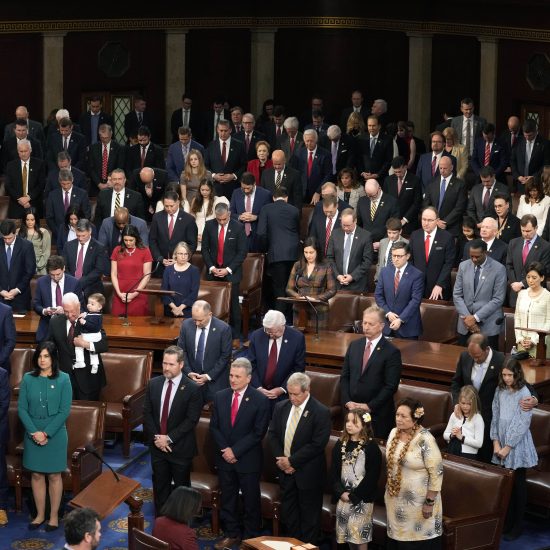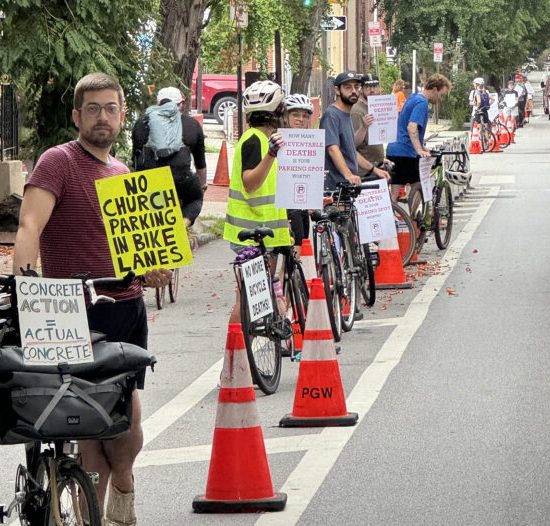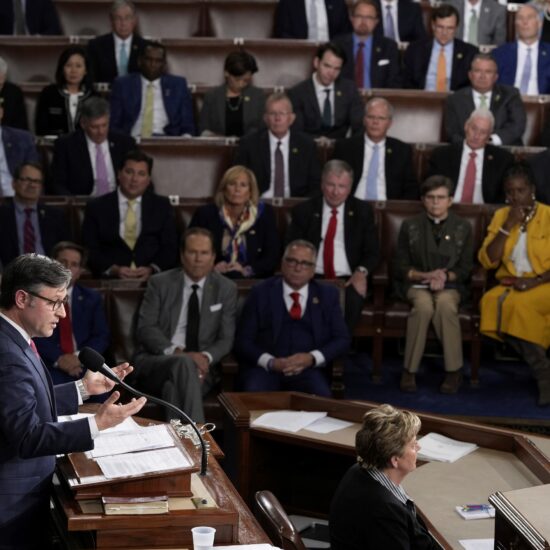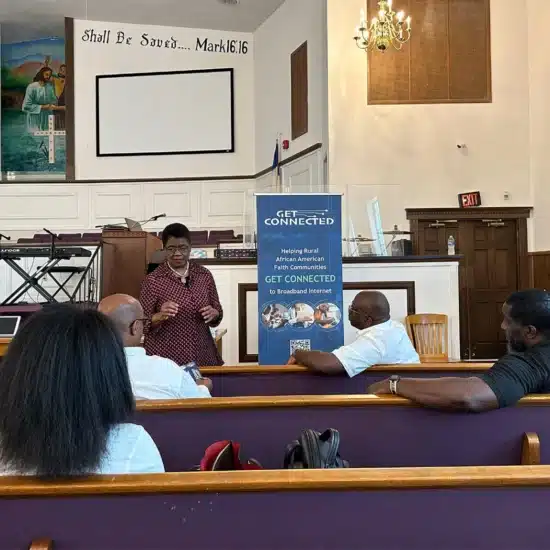One characteristic of the robust religious freedom Americans enjoy is that the government doesn’t control the church nor the church the government. But that doesn’t mean churches are lawless zones.
While houses of worship and other nonprofit religious organizations often are granted some exceptions and exemptions to legal standards that apply to other corporate entities, they still must follow legal standards in many areas. Employment laws seem to be among the most confusing for churches—especially those that deal with workplace discrimination.
When it comes to employment law, maintaining church-state separation becomes a delicate balance between preventing the state from interfering in church polity and governance while still protecting workers.
Employers, including churches, are subject to the Civil Rights Act of 1964, which prohibits discrimination on several protected bases, such as age, race, gender and national origin.
For example, in March, a U.S. District Court ruled against Greenforest Community Baptist Church in Decatur, Ga., on two cases, ruling the church had discriminated against two women on the basis of their gender. A teacher was fired and a teaching job offer withdrawn because both women involved had become pregnant.
Title VII of the Civil Rights Act protects workers from being discriminated against on the basis of religion. And there are two exceptions.
Religious exception
The religious exception allows churches and other religious organizations to employ only workers who are members of their faith tradition. In other words, they can discriminate on the basis of religion. Baptist congregations can require their employees to be Baptists.
The original law only applied to positions and activities considered strictly religious. But in 1972, Congress expanded the exception to include all of a religious organization’s activities. Although in the past Baptist churches were allowed to hire only Baptist preachers and ministers, now they also are permitted to hire only Baptist secretaries, custodians and other workers.
The law also applies to a religious organization’s related businesses, including religious schools. In the Corporation of the Presiding Bishop of the Church of Jesus Christ of Latter Day Saints v. Amos case in 1986, the Supreme Court upheld a church’s right to refuse to hire anyone outside its religion, even for jobs not religious in nature.
And church workers still often are confused. In May, lawguru.com—one of several websites that provide general answers to legal questions at no cost—posted a church secretary’s question about possible reprimand or job loss because she worships elsewhere. Even though neither membership nor participation was required when she was hired, an attorney responded, the church is within its rights to require it now.
Ministerial exception
The courts seem divided on the second Title VII exception—the ministerial exception—that applies to church employees who perform religious functions. The exception provides religious organizations, including churches, immunity from all Title VII claims—including nonreligious ones—by ministerial employees. McClure v. Salvation Army, the case that birthed the exception, found any governmental interference would intrude on church administration and governance.
The Equal Employment Opportunity Commission defines religion in broad terms and applies the exception to church employees whose “primary duties consist of engaging in church governance, supervising a religious order or conducting religious ritual, worship or instruction.”
The courts have interpreted the law and the ministerial definition in nearly opposing ways. Sometimes the courts have decided the definition did not apply. A North Carolina United Methodist district unsuccessfully argued that the ministerial exception should apply to a church minister accused of sexual harassment.
But some courts have ruled the First Amendment covers all hiring, firing and discipline of ministers because doctrine and practice guides what a church ultimately determines. A Florida appellate court refused to hear a church member’s negligent hiring and supervision claim against a church for a minister’s sexual misconduct. The court decided evaluating the church’s decision not to fire the minister would be unconstitutional.
Sometimes the exception applies to other laws. For example, the 5th U.S. Circuit Court of Appeals rejected a music director’s claim under the Americans with Disabilities Act, siding with the church’s argument that the music director fit the law’s definition as a minister.
The courts also have defined “minister” differently. Even though religious organizations have had difficulty in convincing courts that teachers should be included in the exception, some can be defined as a “minister,” depending upon the subject matter they teach. Last year, a Catholic school in Wisconsin downsized. One teacher filed suit, claiming age discrimination. But among its reasons for siding with the school, the court noted the instructor, who taught religion classes, could be defined as a “minister.”
But two 5th Circuit Court cases involving professors in two Baptist institutions were handled differently. Mississippi College lost a case because it couldn’t satisfy the court that its professors or administrative staffers were ministers.
Yet in a different case, Southwestern Baptist Theological Seminary professors were accepted as ministers because the court found they provide religious instruction to future ministers and act as “intermediaries” between those future ministers and the Southern Baptist Convention.
Hollyn Hollman, general counsel for the Baptist Joint Committee for Religious Liberty, pointed out the courts deal with the issue on a case-by-case basis because “factual distinctions matter and religion and gender are not treated the same in all circumstances.”
Seek legal assistance
Unfortunately, there is no one-stop place for churches to find answers to many employment legal questions. Church administrative professionals consider Richard Hammar’s four-volume Pastor, Church & Law as the best place to start.
Hammar, a Springfield, Mo.-based attorney and certified public accountant, also offers help online at churchlawtoday.com. The website primarily deals with tax and safety issues.
Church consultant Dan Garland of LifeWay Consulting said he generally directs churches to Hammar’s books first.
“Although the material is pretty technical …, I think a personnel committee can read and understand it,” he said.
The Texas Baptist Christian Life Commission provides a “Keeping Your Church Out of Court” resource. The notebook contains forms a church can use to answer legal questions, to create job applications and screen personnel policies. It also offers advice on how a church can conduct its affairs under state and national laws and do so in a manner that provides some legal insulation from lawsuits.
The EEOC and the U.S. Department of Labor offer information and forms on their websites, as well.






